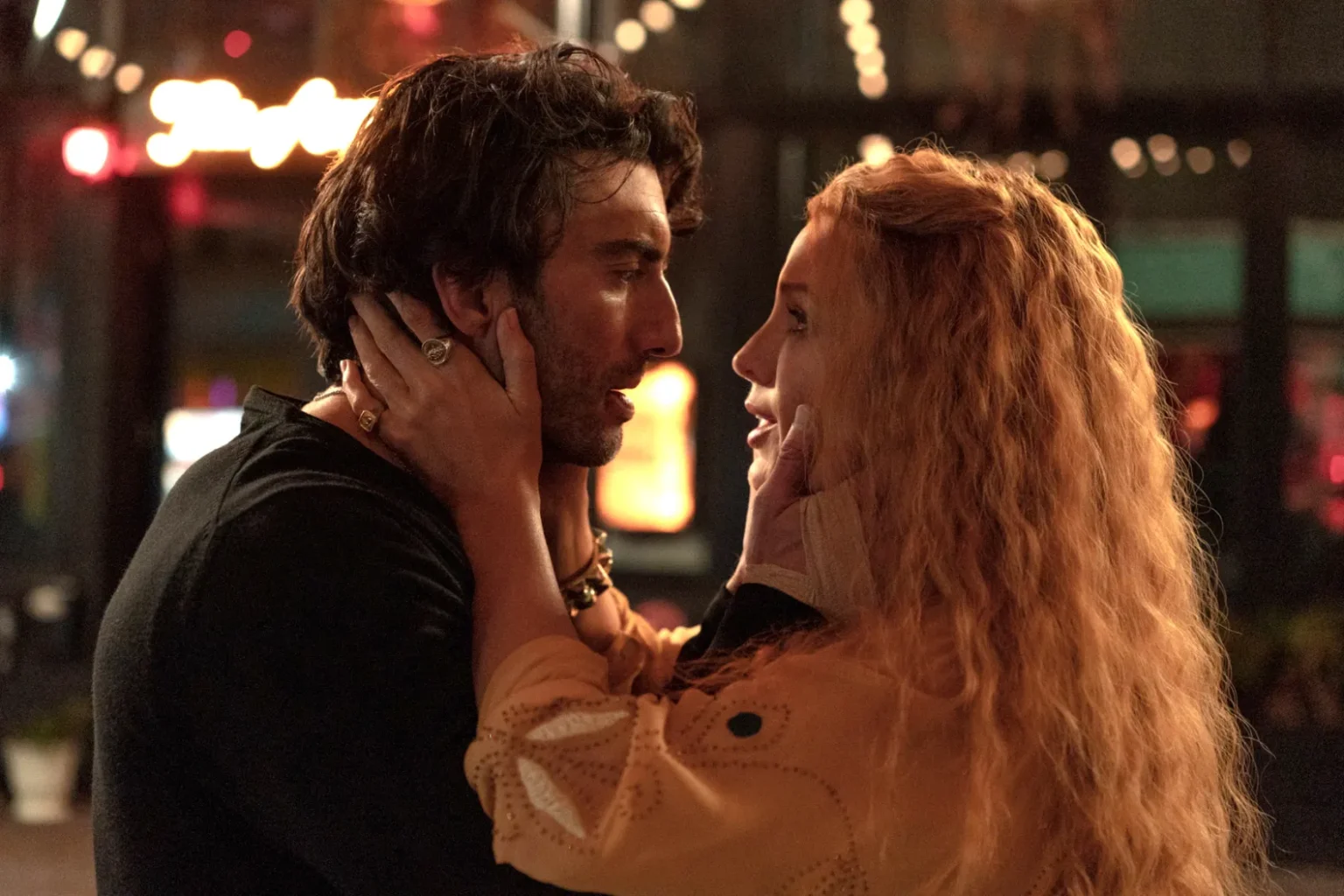Tensions between Blake Lively and Justin Baldoni have taken over the internet, with fans analyzing every detail of the promotional activities of It Ends With Us.
Directed by Baldoni and produced by Lively, the film tells the story of Lily Blossom Bloom, portrayed by Lively, who falls for neurosurgeon Ryle Kincaid, played by Baldoni, while reconnecting with her childhood sweetheart, Atlas Corrigan, played by Brandon Sklenar.
The drama was initiated at the New York City premiere on August 6, where fans noticed a lack of group photos featuring the entire cast. Lively was seen with her husband Ryan Reynolds, friend Hugh Jackman, and co-stars Jenny Slate and Brandon Sklenar, but not with Baldoni.
Baldoni walked the red carpet solo, accompanied only by his wife, Emily Baldoni, sparking further speculation. According to People magazine, Baldoni did not join Lively and Hoover in introducing the film, despite being the director.
Fans took to social media, particularly X (formerly Twitter), to discuss the lack of interaction between the main cast members. Following the premiere, some noted that neither Lively nor Hoover follow Baldoni on Instagram.
One user, @vnesswiftie, warned viewers, “Just so you know, if you haven’t read It Ends with Us, it’s not a romcom. Don’t grab your girls and florals. Know that it’s about domestic violence and there are some triggering scenes. This promo of this movie is pissing me off.”
On Instagram, @amyv1952, commented on a clip of an interview Lively posted to her account, writing, “Why are they promoting this movie like it’s a cute little romcom this deals with very serious topics and they could have used this opportunity to talk about a topic that need more awareness so disappointed. I’m honestly glad Justin did separate interviews.”
Baldoni has suggested that Lively might be better suited to direct a potential sequel to “It Ends with Us,” based on Hoover’s follow-up novel, “It Starts With Us.”
While the internet speculates about the tension between the two stars, the promotional campaign’s lighthearted tone has drawn criticism for not addressing the serious themes of domestic violence central to the story.





